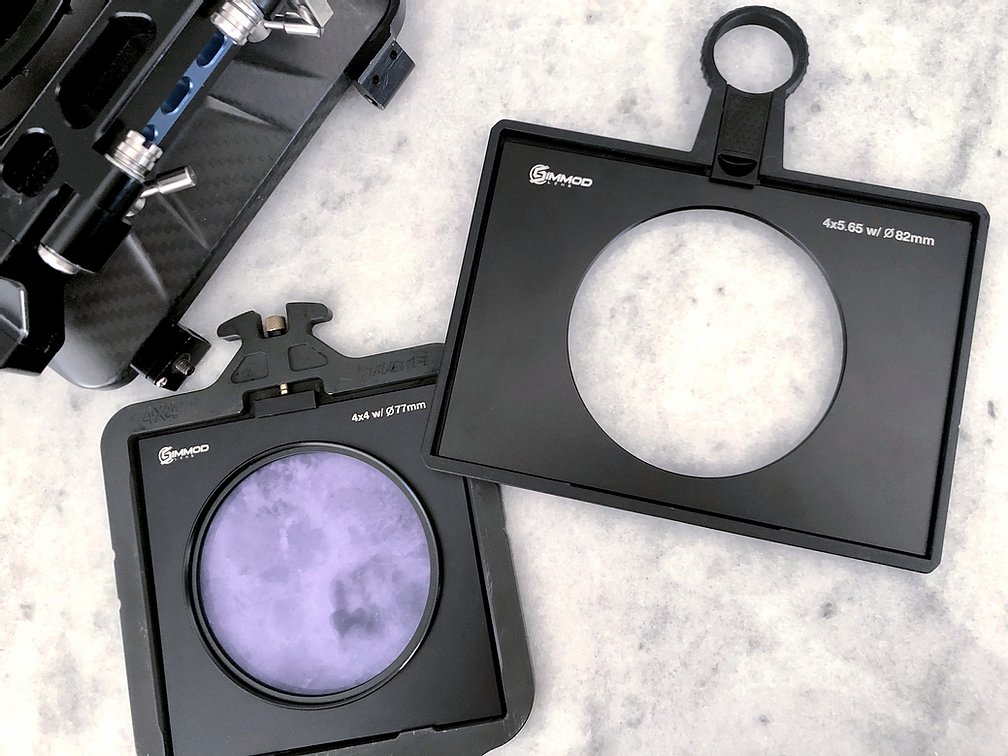Plymouth has been named as home to the world’s first 5G ocean-based marine testbed, which will aim to support innovative use cases.
The network, known as Smart Sound Connect, will enable ultrafast download speeds and low-latency 5G connectivity to support the development of new marine technology. Eligible businesses will have free access to the testbed to test 5G use cases, including advanced applied autonomy, clean propulsion, smart ports, smart shipping, and environmental monitoring using the internet of things (IoT).
The testbed in Plymouth Sound will be available from early 2021. It will also form the basis of a proposed virtualised testing platform to allow companies to validate ideas and test adjustments in a virtual environment.
With few testbeds offering connectivity beyond the shore’s edge, Smart Sound Connect is claimed to be able to support use cases that others cannot. Curiously, the UK’s other leading 5G testbeds are as far away from the UK coast as possible – in the Midlands.
Part of the Marine Business Technology Centre’s (MBTC) testing and proving ground, Smart Sound Plymouth, the testbed is based on a 5G mobile private network built by Vodafone using Nokia equipment. The MBTC is a £4.5m, European Regional Development Fund-supported partnership between Plymouth City Council, Plymouth Marine Laboratory, the University of Plymouth, the University of Exeter and the Marine Biological Association, which works to facilitate innovation in the marine and maritime sector.
The partnership received £1.8m in funding from the Heart of the South West Local Enterprise Partnership to develop Smart Sound Connect.
“With Smart Sound Connect, the MBTC is able to provide a complete innovation service that allows businesses to utilise one of the most high-tech and comprehensive test and proving environments in the world,” said MBTC director Rob Watson. “Not only will our clients be able to benefit from the expertise, research capabilities and advanced equipment of our partners, but they will also be able to work closely with Vodafone and Nokia to develop 5G solutions specifically for the marine sector.”
In the deployment, Vodafone will provide 4G and 5G connectivity using four mobile sites at the inlet, and an additional site offshore. The network will utilise the Nokia Digital Automation Cloud (DAC), a digitisation platform capable of providing high-bandwidth, fast private networking and edge computing capabilities. A compact, plug-and-play system that comprises network equipment and a cloud-based operation monitoring system, Nokia DAC is designed to enable users to collect, process and host securely all proprietary data generated on-site.
“Working in partnership with Vodafone and MBTC on this ‘world first’ and helping to drive world-leading marine and maritime innovation is an exciting prospect,” said Nokia Digital Automation general manager Stephan Litjens. “This ocean-based deployment will highlight all the flexibility and performance advantages that industrial-grade 5G private wireless can bring to organisations that need connectivity in challenging conditions.”
Vodafone UK business director Anne Sheehan added: “Smart Sound is a brilliant initiative from Plymouth City Council that will show just how powerful 5G can be for businesses looking to innovate. 5G can accelerate developments in marine technologies, and this is another area where the UK can be a global leader with the right digital tools and skillset.”












